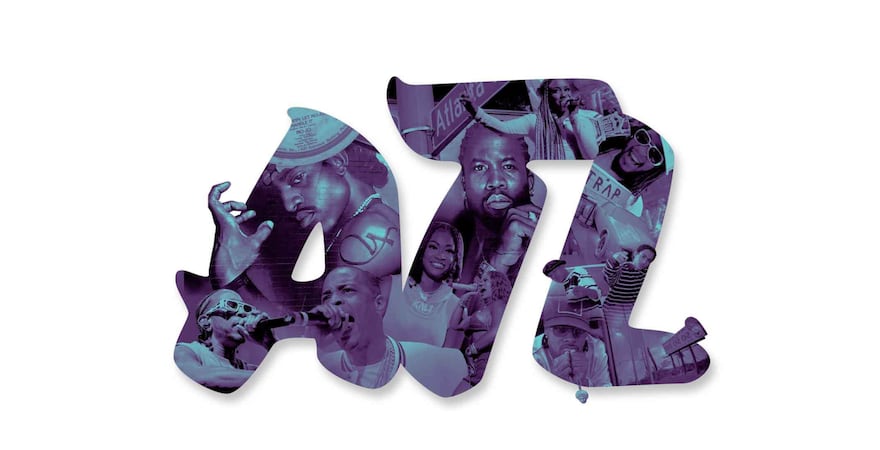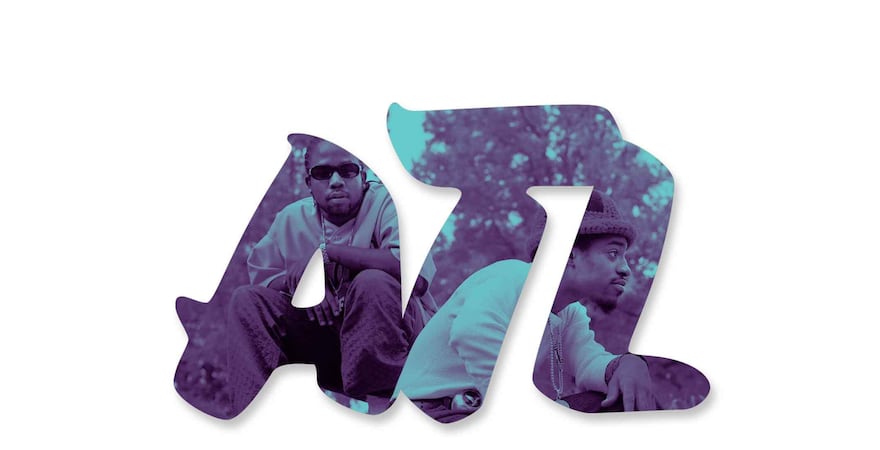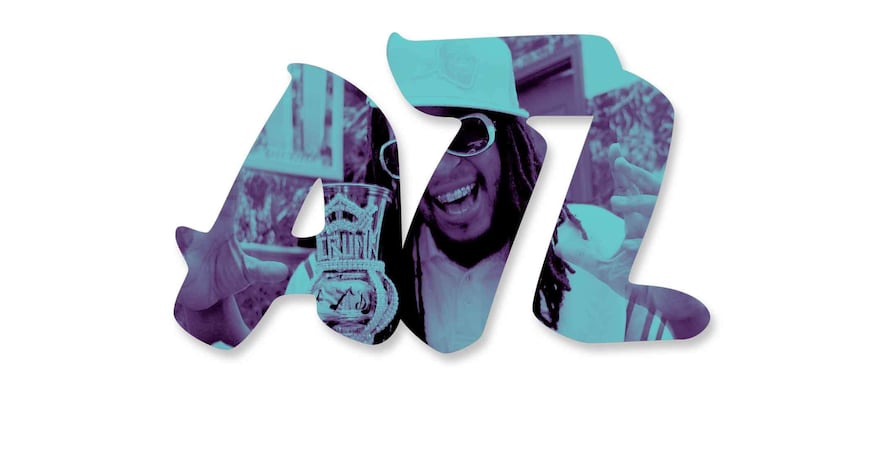




As the world celebrates
50 years of hip-hop,
trace how Atlanta
changed the culture
forever.
A brief history of hip-hop in Atlanta
It’s no secret that New York City dominated the hip-hop scene during its early years. After all, it is the genre’s birthplace. When 18-year-old Clive Campbell, also known as DJ Kool Herc, threw a party in the Bronx on Aug. 11, 1973, it kicked off a phenomenon that spread to the West Coast and then the South.
Although Atlanta emcees may have picked up the mic nearly a decade after that legendary bash, the city’s impact is undeniable. Throughout the last several decades, ATL has cemented its spot in hip-hop history, creating new musical languages, dominating charts and gaining global influence.
So how exactly did Atlanta become the nation’s rap capital? Here’s a brief history of Atlanta’s rise in hip-hop, featuring the key creatives, record labels and moments that helped shape the culture.